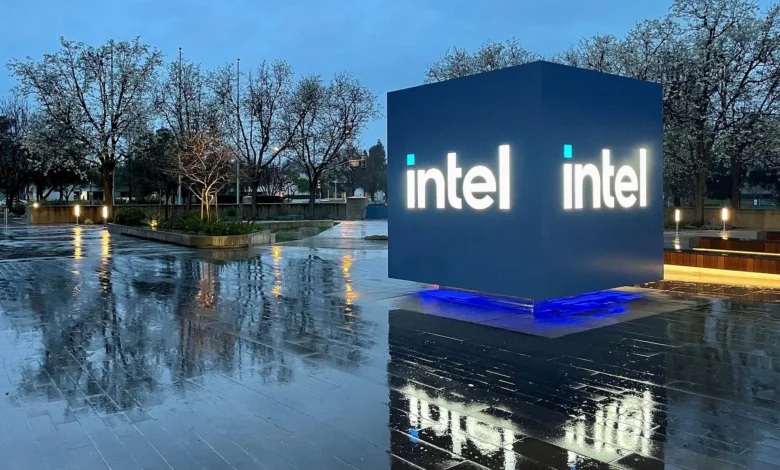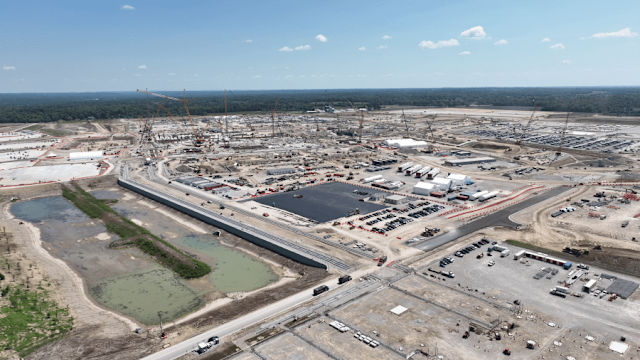Trump administration’s deal is structured to prevent Intel from selling foundry unit

It appears that the Trump administration wants to limit Intel’s freedom to make important commercial decisions about its struggling foundry division.
At a Deutsche Bank conference on Thursday, Intel’s CFO David Zinsner revealed further information regarding the company’s recent agreement with the Trump administration, which granted the US government a 10% stock investment, according to Financial Times reporting.
The agreement was designed to penalize Intel if, in the upcoming years, it spins out its foundry business segment, which produces bespoke processors for external clients.

As part of last week’s agreement, if Intel owned less than 51% of its foundry business, the U.S. government would be able to purchase an extra 5% of the company at $20 per share under a five-year warrant. Zinsner stated that he anticipates the warrant’s expiration.
“From the government’s point of view, I believe they supported that; they didn’t want us to take the company and sell it to someone else or spin it off,” he stated.
According to Reuters, Zinsner also stated that the business received $5.7 billion in cash on Wednesday as a result of the agreement last week. (That money comes from the remaining awards that Intel has been given under the U.S. CHIPS and Science Act, but has not yet received.
The agreement is still being worked out, White House press secretary Karoline Leavitt told reporters today.
Given that many industry participants already rely on Taiwan Semiconductor Manufacturing Company’s offshore manufacturing, this deal structure is unmistakable evidence of the Trump administration’s intention to increase chip manufacturing in the United States.
However, this warrant also compels Intel to maintain a financially struggling business segment. A source of conflict for the semiconductor industry, Intel Foundry recorded a $3.1 billion operating income loss in the second quarter.
Analysts, board members, and investors have all called for the troubled foundry unit to be spun out. This appeared to be the case last autumn, but Pat Gelsinger, the former CEO and architect of Intel Foundry, abruptly retired in December.
READ MORE: LAD REPORTING




